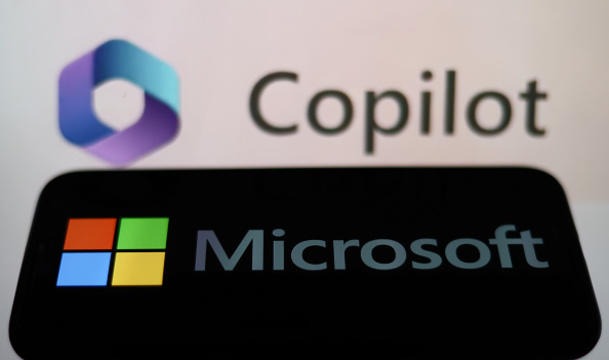In the much-hyped battle between Google’s conversational AI chatbot Bard and Microsoft’s programming assistant Copilot, these AI systems recently embarrassingly showcased limitations disseminating inaccurate Super Bowlstatistics when queried.
The incidents illustrate how even the most advanced neural network-powered chatbots still slip distributing misinformation due to underlying data gaps or biased training — reinforcing why human verification remains essential interpreting machine learning model outputs.
Google Bard Serves Up Wildly Incorrect Super Bowl Outcome
Unveiled with much fanfare as Google’s challenger to runaway 2022 chatbot sensation ChatGPT, Bard aims conveying helpful responses to common queries typed in plain English.
But when asked who won the most recent Super Bowl plus game statistics, Google’s AI assistant provided a fully fictitious account naming the Kansas City Chiefs as victors thanks to 286 yards rushing courtesy star quarterback Patrick Mahomes.
Of course, the actual winner (the Philadelphia Eagles) and noted drop back passer Mahomes’ lack of running prowess instantly gave Bard’s made-up claims away as synthetic fabrications.

Microsoft Copilot Similarly Stumbles on Super Bowl Results
Days later Microsoft’s Copilot — the company’s AI coding assistant integrated into popular programing tool Visual Studio — returned its own faulty Super Bowl responses.
In this separate incident, Copilot incorrectly named the San Francisco 49ers Super Bowl champs who fell short versus Kansas City back in 2020 rather than providing up-to-date information on the 2023 outcome.
Pattern Shows Danger of Chatbots Unchecked
Both slipups capped weeks of tech company chatbot demos gone awry due to spitting out harmful misinformation, non-sequiturs or outright gibberish breaching trust in AI helper accuracy and reliability.
The repeated inaccuracies reaffirm why responsible AI development demands meticulous training, thorough testing and safe deployment measures limiting real world harms.
How Could AI Assistants Get Easy Facts Wrong?
Next arises the question — how did Bard and Copilot bungle simple verifiable Super Bowl facts any search engine instantly surfaces correctly?
For all their AI sophistication, the issue largely boils down to flawed training data limitations propagating into unreliable statistical inferences and responses.
Heavily Text-Based ML Training Sets
Both chatbots hail from language models exclusively ingesting vast volumes of textual material like Wikipedia entries, news reports and digitized books without additional context.
While beneficial tackling certain word association puzzles, solely text-derived knowledge lacks effective grounding reinforcing accurate real-world reasoning — especially around niche informational domains.
Difficulty Inferring Current Events
Furthermore, CIA chatbots struggle extrapolating the latest breaking developments like Super Bowl or political election winners which swiftly render stagnant archival data misleading.
Until supplementary structured live databases get incorporated training AI assistants, expect continued flubs around fresh current event details our human minds infer easily through multimedia signals.

The Enduring Need for Healthy AI Skepticism
episodes reinforce why blindly accepting AI-generated information remains ill-advised despite exponential progress adapting responses appearing eerily human-like.
Instead users should continue vetting chatbot outputs — especially around factual claims or creative content — through trusted corroborating sources before internalizing or spreading outputs.
At least until later watchdog groups develop sufficiently sophisticated fake detection and misinformation identification techniques mitigating threats.
Moving forward, striking the right balance between rapidly advancing assistive AI adoption while incentivizing ethical, transparent development helps promote societal good.










Add Comment